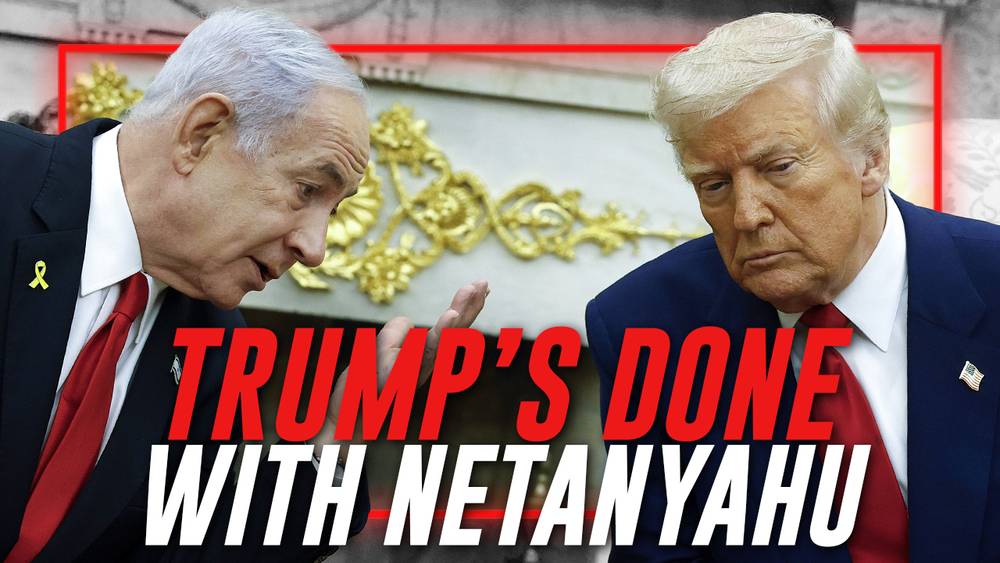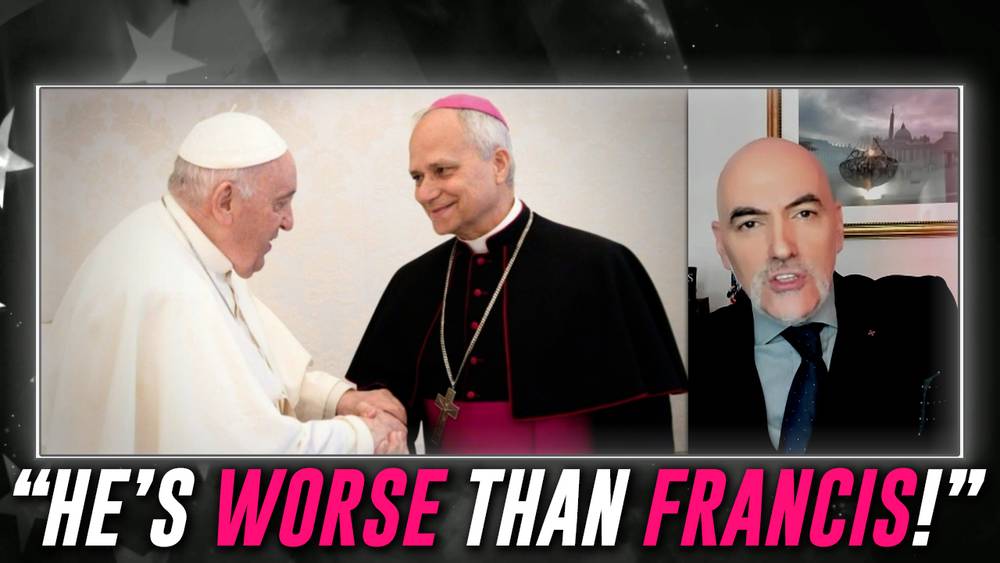In response to “toxic” discussion on immigration and Islam, the British newspaper the Guardian has decided to close down comments on those topics. Other topics where commentary will be blocked include race, gender and Israel.
“The overwhelming majority of these comments tend towards racism, abuse of vulnerable subjects, author abuse and trolling, and the resulting conversations below the line bring very little value but cause consternation and concern among both our readers and our journalists,” the executive editor of the newspaper, Mary Hamilton, wrote on Sunday.
Hamilton admits the new policy is a reaction to “a change in mainstream public opinion and language that we do not wish to see reflected or supported on the site.”
 Stephen Pritchard, an editor at the Observer, a Guardian sister newspaper, believes much of the commentary posted on the website is akin to road rage. “People are angry with government, with media, with religion, with migration, with Europe, with big business,” he writes.
Stephen Pritchard, an editor at the Observer, a Guardian sister newspaper, believes much of the commentary posted on the website is akin to road rage. “People are angry with government, with media, with religion, with migration, with Europe, with big business,” he writes.
Pritchard notes other newspapers, including Reuters, CNN and the Chicago Sun-Times, have responded to the “menace” of divisive commentary by abandoning comments or heavily restricting it.
The move to shut down opposition to policies enacted by the state follows efforts by governments in Europe to stifle reaction by the public to migration that has created serious social problems. In Germany the government moved late last year to shut down debate on the political stage and has pressured social media platforms to do likewise.
In September “German Justice Minister Heiko Maas said after a meeting with Facebook executives in Berlin that the ministry would coordinate the creation of a task force with Facebook and other Internet competitors to evaluate whether inappropriate content flagged by users falls under freedom of speech or is illegal under German law.”
It was reported at the time Facebook CEO Mark Zuckerberg discussed with German Chancellor Angela Merkel during a luncheon on the sidelines of a United Nations development summit in New York an effort to flag and remove “hate posts” on the popular social media website. Facebook subsequently joined forces with a German Internet watchdog, a non-profit group called Voluntary Self-Monitoring of Multimedia Service Providers, to monitor unacceptable speech.
Facebook’s micromanagement of posts took an absurd turn in January when it removed a photo of Copenhagen’s famous national monument,“The Little Mermaid,” because the statue based on Hans Christian Andersen’s fairly tale portrays a naked woman.
In October Twitter began blocking accounts when it deployed a new tool designed to delete content on a country-by-country basis after Germany complained about neo-Nazi posts on the social media website.
“At the beginning of the year Twitter announced the so-called ‘country withheld content’ function, which enables us to remove illegal content in a particular country while leaving it available for the rest of the world,” said Twitter spokesman Dirk Hensen.
Establishment Failure to Block Opposition
The effort by nation states, mainstream newspapers and corporate social media websites to block opposition to migration, destructive government social and economic policies and the politically correct agenda will not stop the political backlash.
Alternative and new media continue to grow at an exponential rate and provide a forum for voices locked out of the corporate mainstream media. The heavy-handed reaction by corporate media to often angry and rude commentary will not dissuade the opposition and new media sites and platforms will continue to offer a viable alternative.
In the past government and corporate control of media effectively stifled mass political movements, but with the advent and open internet this changed. The elite have reacted to this new found freedom by formulating regulations and proposing laws.
In September the globalist United Nations’ Broadband Commission for Digital Development released a “world-wide wake-up call” and proposed social media “proactively police every profile and post, and that government agencies only ‘license’ those who agree to do so.”
Under the terms of the secretly negotiated Trans Pacific Partnership a bid to censor and control the internet was proposed.
“Internet users around the world should be very concerned about this ultra-secret pact,” said OpenMedia’s digital rights specialist Meghan Sali in October. “What we’re talking about here is global Internet censorship. It will criminalize our online activities, censor the Web, and cost everyday users money. This deal would never pass with the whole world watching—that’s why they’ve negotiated it in total secrecy.”
The Emergency Election Sale is now live! Get 30% to 60% off our most popular products today!





